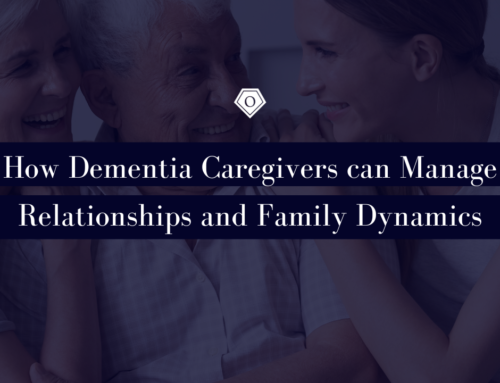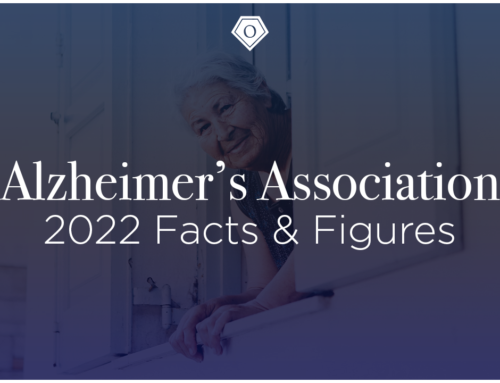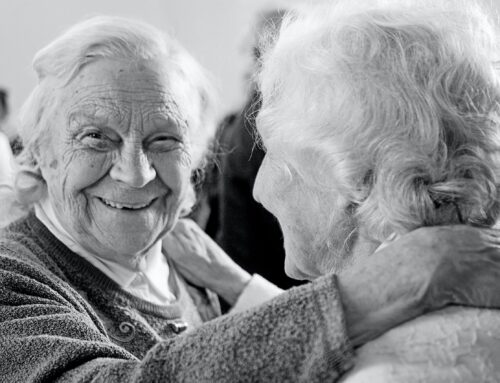Music has the power to stir memories and influence our mood.
We process music on many levels. Humans process music with every part of the brain. It is such a strong stimulus it even has the power to engage those in the late stages of dementia and Alzheimer’s.
While music from a senior’s early 20s can create strong responses, both positive and negative. New music can also positively influence seniors, as it has no emotional connection.
Creating a happy and calming environment is an important part of health. Music’s euphoric influence can assist in creating environments of healing.
If you’re wondering what type of music to play for your aging loved one, follow this simple guide:
Stimulating Positive & Productive Emotions:
Playing music from childhood can encourage Alzheimer’s and dementia patients to sing along. Singing can create a sense of security that was associated with early life.
Music can even assist seniors with daily living. For instance, stimulating music can encourage the elderly to stay alert during bath time or meals. This can also greatly help caregivers create a sense of routine for the elderly.
Creating a Calm Environment:
Dementia and Alzheimer’s patients often experience sensory overload, which can make them agitated. Slow, rhythmic music can help reduce this sense of stress.
Calm music can even help prepare seniors for sleep. Slow music can also be helpful when Alzheimer’s patients experience a change in routine. The calming music can help reduce the stress of change.
Creating Emotional Closeness:
As Alzheimer’s and dementia progresses, seniors loose their ability to communicate thoughts and gestures of affection. Music is a great way to bring out feelings of love and happiness.
Those who are farther into the disease retain their ability to bob their head and even sway back and forth. Music can influence emotions of happiness that often evokes hugs, kisses or caresses. This can be equally important for loved ones caring for someone with dementia or Alzheimer’s.
If you are a family caregiver struggling to provide care, contact us today. You don’t have to walk alone.






